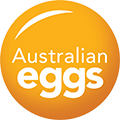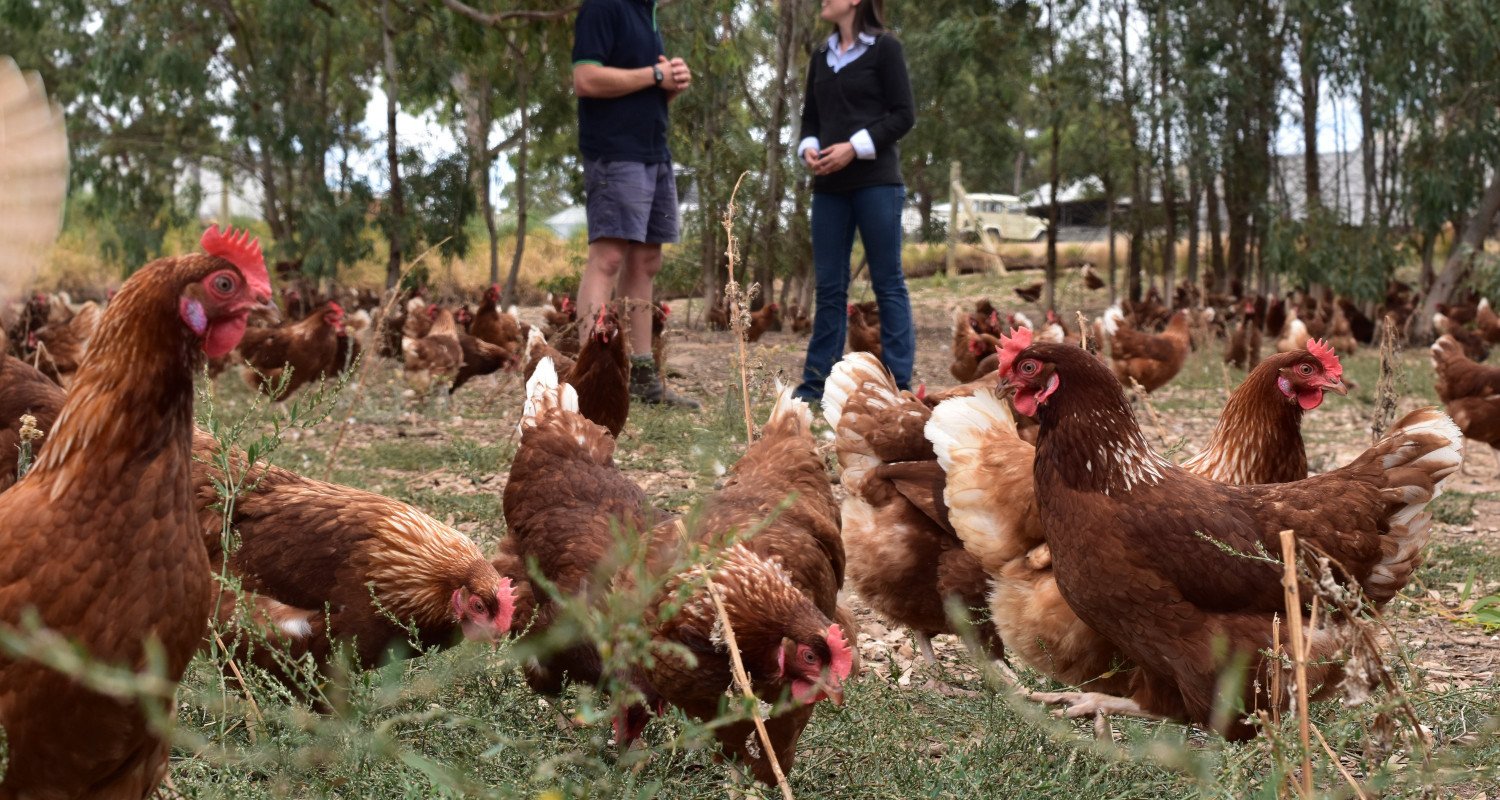
Eggs to improve Choline intake in pregnancy
- Publication
- Categories
Eggs to improve Choline intake in pregnancy
If women consumed the equivalent of one extra egg a day, the percentage of women with adequate choline intakes would increase from 39% to 80%.

Choline is an essential nutrient which research shows is particularly important during pregnancy. During pregnancy, choline requirements are increased as the foetus requires large amounts of choline for brain development. Most Australians do not get enough choline from their diet and choline is not readily available in supplements. Eggs are the primary food source of choline for Australians.
Objectives
- To determine the mean choline intake in a group of pregnant Australian women.
- To identify the key food sources of choline in a group of pregnant Australian women.
- To determine the percentage of pregnant Australian women exceeding two commonly used Adequate Intakes for choline in pregnancy, 450 mg/day (NHMRC) and 480 mg/day (EFSA).
- To determine the concentration of plasma choline and related metabolites in a group of pregnant Australian women.
- To review the current evidence around choline intakes in pregnancy and neurodevelopmental outcomes in children.
Method
This study leveraged an existing Random Controlled Trial (RCT) of folic acid supplementation in pregnancy. The RCT included 103 pregnant women recruited between 11 - 16 weeks gestation. Choline intakes and sources over the previous month were estimated using a food frequency questionnaire completed at enrolment and again at 36 weeks gestation. Plasma choline and related metabolites were measured in blood samples collected at 36 weeks gestation.
The researchers conducted a systematic review to address the question, "is maternal choline during pregnancy associated with neurodevelopment in the offspring?"
Key Findings
- The choline intakes of Australian pregnant women are less than that recommended by the NHMRC and EFSA.
- Eggs are the most important source of choline for pregnant women.
- If women consumed the equivalent of one extra egg a day, the percentage of women with adequate choline intakes would increase from 39% to 80%.
- Women who consumed more than 6 eggs per week were 7 times more likely to exceed either AI measurement for choline.
 >
> 